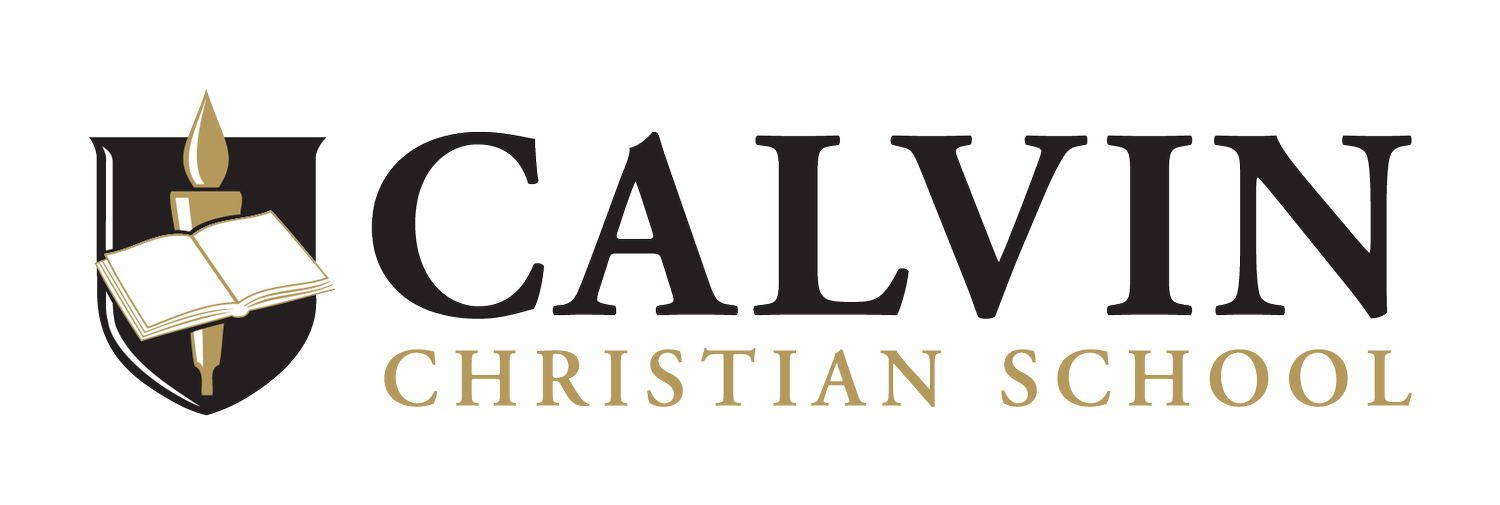We have been celebrating National Reconciliation Week at Calvin this week.
National Reconciliation Week started nearly 30 years ago when people of faith united to pray for reconciliation during the International Year of the World’s Indigenous Peoples. It has continued since 1993, starting each year on 27 May and finishing on 3 June. These dates are significant to the cause of reconciliation. On 27 May, 1967, Australia’s most successful referendum saw more than 90 per cent of Australians vote to recognise Aboriginal and Torres Strait Islander people in the census. On 3 June, 1992, the Australian High Court delivered the Mabo decision, the culmination of Eddie Koiki Mabo’s challenge to ‘terra nullius’ (land belonging to no one) and leading to the legal recognition of Aboriginal and Torres Strait Islander peoples as the Traditional Owners and Custodians of lands.
The actions that led to these changes took much bravery. Eddie Mabo’s bravery in challenging the Australian legal system led to recognition of the rights of Aboriginal and Torres Strait Islander peoples as the traditional owners of their land. Charlie Perkins’ courage in leading a group of university students on the Freedom Rides in 1965 and Vincent Lingiari’s great bravery in leading Aboriginal workers to walk off the job at Wave Hill Station in 1966 as a protest over poor working conditions on the station played a part in changing public opinion in the lead up to the 1967 referendum.
The theme for National Reconciliation Week 2022 is “Be Brave. Make Change.” This is a challenge to all Australians— including Calvin students, staff and families — to bravely face up to the barriers preventing change toward reconciliation. We are challenged by the actions of others who, like Eddie Mabo, Charlie Perkins and Vincent Lingiari, demonstrated bravery and brought about significant change.
Being brave is something we encourage at Calvin. As our students face challenges in their academic, personal, social, physical and psychological development, bravery and courage are greatly needed!
Being brave to make a change often starts with small acts of courage. This may be challenging a racist comment or calling out a discriminatory act. It may be stepping outside of a place of comfort in order to try to understand the story and experience of others. It may be asking forgiveness from those who have been hurt by decades of injustice and marginalisation. It may be embracing new practices, such as the Acknowledgement of Country, because they are important to our Aboriginal and Torres Strait Islander brothers and sisters.
Change like this takes more than bravery. It takes wisdom and understanding. It requires us to seek truthful engagement, peace and justice for all people.
Just today two of our students, Isabel Weiley and Amelia Rowe-Bennett, attended the National Reconciliation Week Breakfast, accompanied by Calvin staff members Janelle Smith and myself. Over breakfast, they heard from guest speaker and songwriter Kaytlyn Johnson, a palawa woman from the North West of Tasmania who is the 2022 Tasmanian Young Australian of the Year. The keynote address was given by Thomas Mayor, a Torres Strait Islander who is a signatory to the Uluru Statement from the Heart. Guests at the breakfast came away with greater understanding of the three messages of the Uluru Statement - Voice, Treaty and Truth-telling.
In the gospel of Luke, an expert in the law asked Jesus “who is my neighbour?” in response to the Old Testament command to “Love your neighbour as yourself.” Jesus addressed the legal expert’s question in the parable of the Good Samaritan. His audience would have been aware of the historical animosity between Jews and Samaritans at the time, and this makes the actions of the Samaritan even more striking. He acted with courage and bravery, despite the cultural expectations of the day.
As Christians, we are asked to “Be Brave. Make Change” like the Samaritan, acting with counter-cultural kindness, empathy, care, humility, justice and generosity towards those around us. This National Reconciliation Week, join us as we move toward reconciliation with our Aboriginal and Torres Strait Islander brothers and sisters by committing “to care for Country, for culture and for community.” (CST Acknowledgement of Country, 2021)
Bonny Moroni — Head of Secondary


